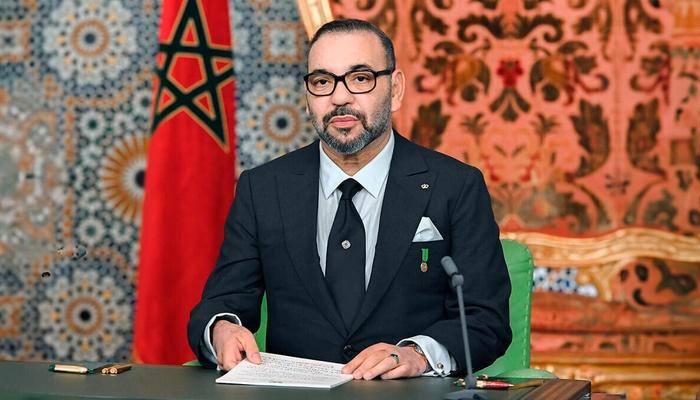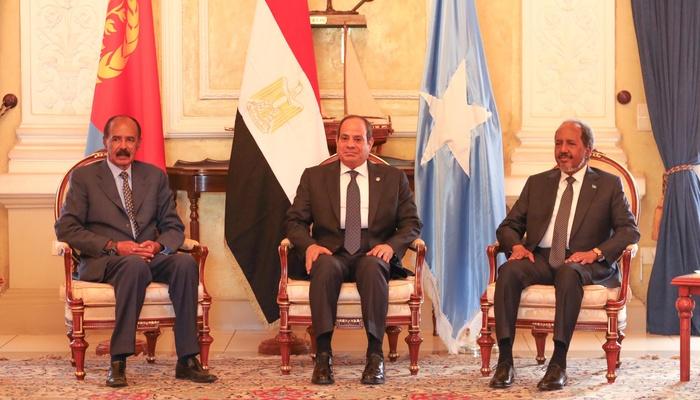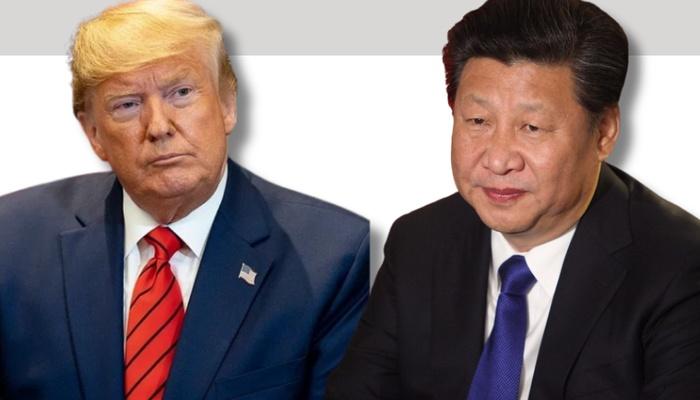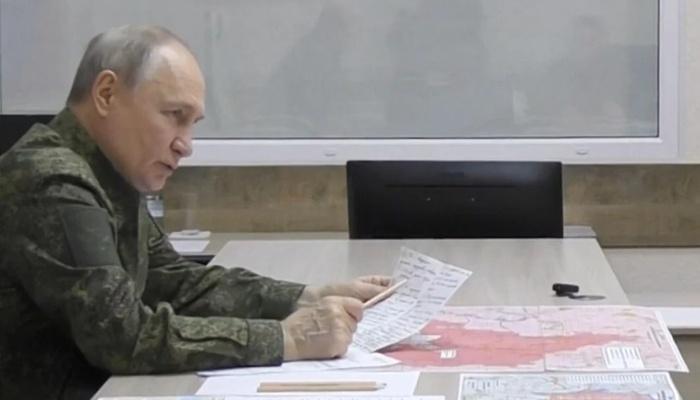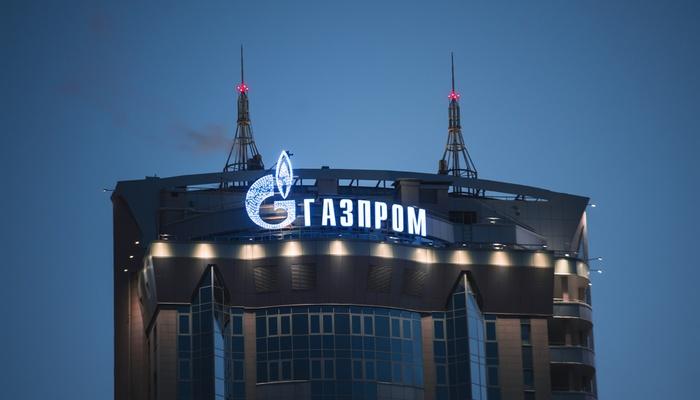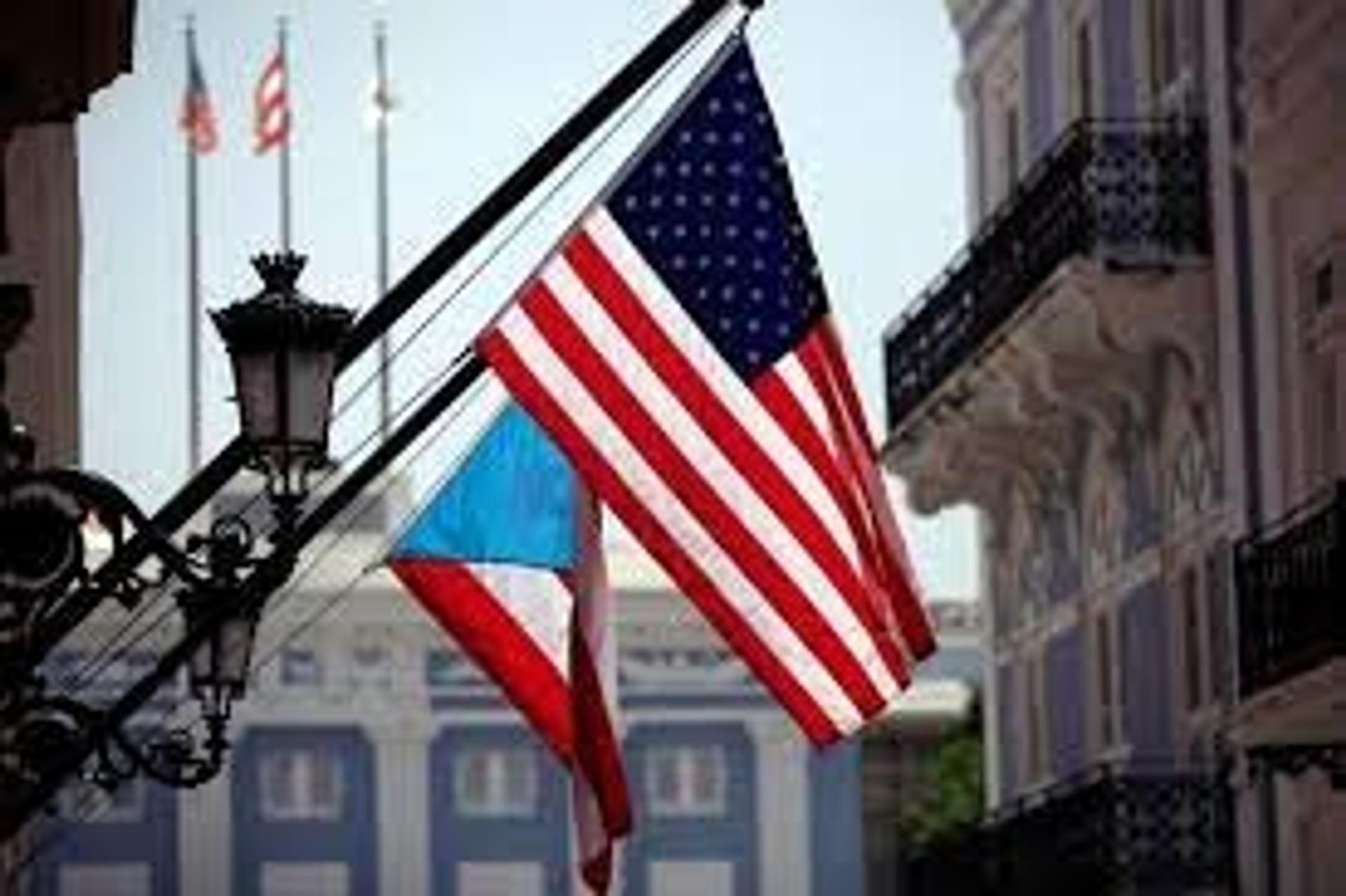The Case of Puerto Rico – A 524-Year-Old Colony
On June 11, 2017, Puerto Rico held its fifth referendum with regards to its political status as a colony of the United States, to initiate a democratic process of dialogue and negotiation with the Federal government that puts an end to the centuries of colonialism the Island has been submitted to.
In an attempt to claim equal rights and fair treatment to the U.S. citizens of Puerto Rico, the current Pro-Statehood government in power, passed a bill to hold a plebiscite on the status of Puerto Rico and begin a process of immediate decolonization. The ballot had three options of status: statehood, independence/free association, and status-quo, which is the option to remain in the current colonial status. The opposition parties, in consideration of the general population’s preference towards statehood, promoted a boycott claiming the plebiscite would have no effect on Congress and that the focus and expenditures of the government should not be on the status matter, but rather on the debt matter, rejecting any relation between the status and the debt.
Over half a million citizens went to the polls to cast their vote on their preferred status. Statehood won by 97% percent with 502,801 votes in favor, Independence/Free Association came in second with 1.5% and 7,786 votes, and the Status Quo came in last with 1.32% of the votes for a total of 6,823 votes. The opposition parties claimed the boycott won, because only 23% of the registered voters participated in the plebiscite. The government, on the other hand, said it was pleased with the level of participation, claiming rather that in a democratic system, the only voices who count are those who express their will though vote and the results were sufficient proof to take to Congress and push for a process towards decolonization and statehood. The truth is that the low voter turnout could be explained by several factors, apart from the boycott, including the decrease in population due to the mass exodus mentioned ahead, but it is difficult to state and quantify the exact reasons of the percentage of participation. However, the opposition insisted that Congress and the Federal government would utterly ignore and disregard such pleads, because the voter turnout was too low.
A day after the plebiscite, the White House reacted both through a press conference and a written statement saying that the people of Puerto Rico had spoken and their will must be heard and dealt with serious concern in Congress, which is the only entity with the powers to grant Puerto Rico statehood. Several Congress men and women from both the Republican and Democratic party have openly expressed their support towards participation in the plebiscite and/or statehood for Puerto Rico, including Darren Soto (D-Florida), Tom Pérez (DNC Chairman), Senator Marco Rubio (R-Florida), Ros Lehtinen (R-Florida), Don Young (R-Alaska), Tom McArthur (R-New Jersey), Stephanie Murphy (D-Florida), and Joaquín Castro (D-Texas), among others.
The Government of Puerto Rico has appointed a delegation of officials to go to Washington to advocate and lobby for the will of the Puerto Rican people to be heard and to begin the dialogue for the process towards decolonization and the admission of Puerto Rico as state of the Union, using the so-called Plan Tennessee, which is the protocol Tennessee implemented when it was admitted as a state in light of having a percentage of opposition to statehood among residents.
The plebiscite does not guarantee admission but it does serve as concrete evidence of the will of the majority of Puerto Rican citizens. Both the Democratic and the Republican party political platforms for the 2016 election included support towards Puerto Rico’s self-determination and a promise to honor the result of a process that represents that will. Hence, it is in the hands of Puerto Rico’s elected officials to push for the people’s will, send the message to Congress, and demand action that puts an end to decades of being in the colonial limbo that has defined Puerto Rico’s history for centuries.
Puerto Rico has been under territorial ownership and control of the United States Congress for 119 years, after it was ceded to the United States by the Spaniards, whom in turn had the Island under colonial status for 405 years, for losing the Hispano-American War in 1898. After 19 years of occupation, the United States conceded its citizenship to Puerto Ricans in 1917, the same year when the United States entered World War I. Thus, Puerto Ricans were offered citizenship in exchange for their enlistment in the US armed forces. As a result, Puerto Ricans have the same citizenship as the rest of Americans who live on the mainland, but those who are residents of the Island cannot participate in presidential elections. Furthermore, the 3.5 million Puerto Rican citizens are only represented by one Congressman or woman who is not allowed to vote in Congress, whereas if Puerto Rican U. S. citizens were regarded equal to those in the mainland, Puerto Rico would be allocated at least five Congressmen and two senators – more representatives than 21 states of the union, for having a larger population. Puerto Rico’s territorial status allows Congress to place it first on the list of budget cuts and last on the list of fund allocations for matters of health, education, welfare, as well as many other federal programs. Furthermore, Puerto Rico’s territorial status does not allow the Island to trade with other countries without the imports going through U. S. coasts first, inflating the prices of everything that goes into the Island. Food is approximately 22% more expensive in Puerto Rico than in the U.S. mainland, while public services are approximately 64% more expensive, and gas is at least 40% more expensive for the Island than it is for the rest of the Caribbean. This is because, just for the fact that Puerto Rico is a territory, it must abide by laws such as the Jones Act, implemented in 1920, which requires waterborne cargo between two points in the United States to be transported on ships that are built, owned and crewed by Americans, which makes trade for the Island much more expensive.
Currently, the Island is undergoing a financial crisis, with $70 billion of outstanding debt, in great part due to its territorial status and the laws that apply to it, and in part for decades of improper economic administration. For example, the Jones-Shaforth Act exempted Puerto Ricans from paying federal income tax and provided a tax credit that allowed U.S. companies to effectively operate without paying taxes on the island. This factor allowed Puerto Rican governments to issue bonds to municipal investors, regardless of Puerto Rico's account balances. Puerto Rico’s government then began to issue debt in order to balance its budget, an ill-considered decision that turned into a practice repeated for four decades since 1973. The Island thus proceeded to issue debt to repay older debt, as well as refinancing past debt with low interest rates, without taking into consideration that all the debt would eventually add up. As of 1984, Congress declared that Puerto Rico is not allowed to declare bankruptcy, so it must make payments to the U.S. bondholders without being able to shield itself in the bankruptcy protections of the Federal government. Furthermore, between 1996 and 2006, Congress eliminated the tax credits that made Puerto Rico attractive for those American investors in the first place, causing the island to lose at least 80,000 jobs. Finally, the latest and most drastic aggression from Congress to Puerto Rico is the passing of PROMESA, a law that allows the imposition of a fiscal oversight board composed of seven people appointed by Congress, who now have more decision-making power over Puerto Rico than the Island’s democratically elected officials in both the Executive and Legislative branch, and is paid for by the Puerto Rican taxpayers. While the fiscal board seems like a positive initiative to lead Puerto Rico into better economic choices and repay its debt, the fiscal board, apart from being a violation to democracy and a perpetuation of colonialism, is costing Puerto Rican citizens exorbitant amounts of money. It is a contradiction in terms that a board implemented to aid the financial crisis in Puerto Rico will in turn cost Puerto Rican taxpayers millions of dollars for the salaries of those in the board, without any promise to be effective in its purpose.
All of these actions from Congress and the government of Puerto Rico itself led up to the current unbearable crisis Puerto Rico faces today. Moreover, while the prices have significantly gone up due to the debt and the Island’s colonial status, the people’s incomes have failed to do the same, causing consequentially a mass exodus of both professionals and unskilled workers to the mainland, which further perpetuates a worst economic scenario for those who remain on the Island, whom must face even higher taxes, utility bills, unemployment rates, and more drastic austerity measures.
If the United States Congress grants statehood to the people of Puerto Rico, the circumstances of the Island would change dramatically. Statehood would permanently guarantee citizenship for Puerto Ricans, the right to the Presidential vote, representation in the Congress and the Senate, and parity in terms of fund allocations for federal programs with the rest of the states of the Union. Furthermore, per the amount of American citizens that reside in the Island, the Island would receive around $17 billions in Federal funds, along with the economic resources and laws that aid states economically and keep them from economic crises such as the one the Island faces today. Puerto Rico would have more resources for education, healthcare, and government expenditures, which are the main sources of strain for Puerto Ricans today.
